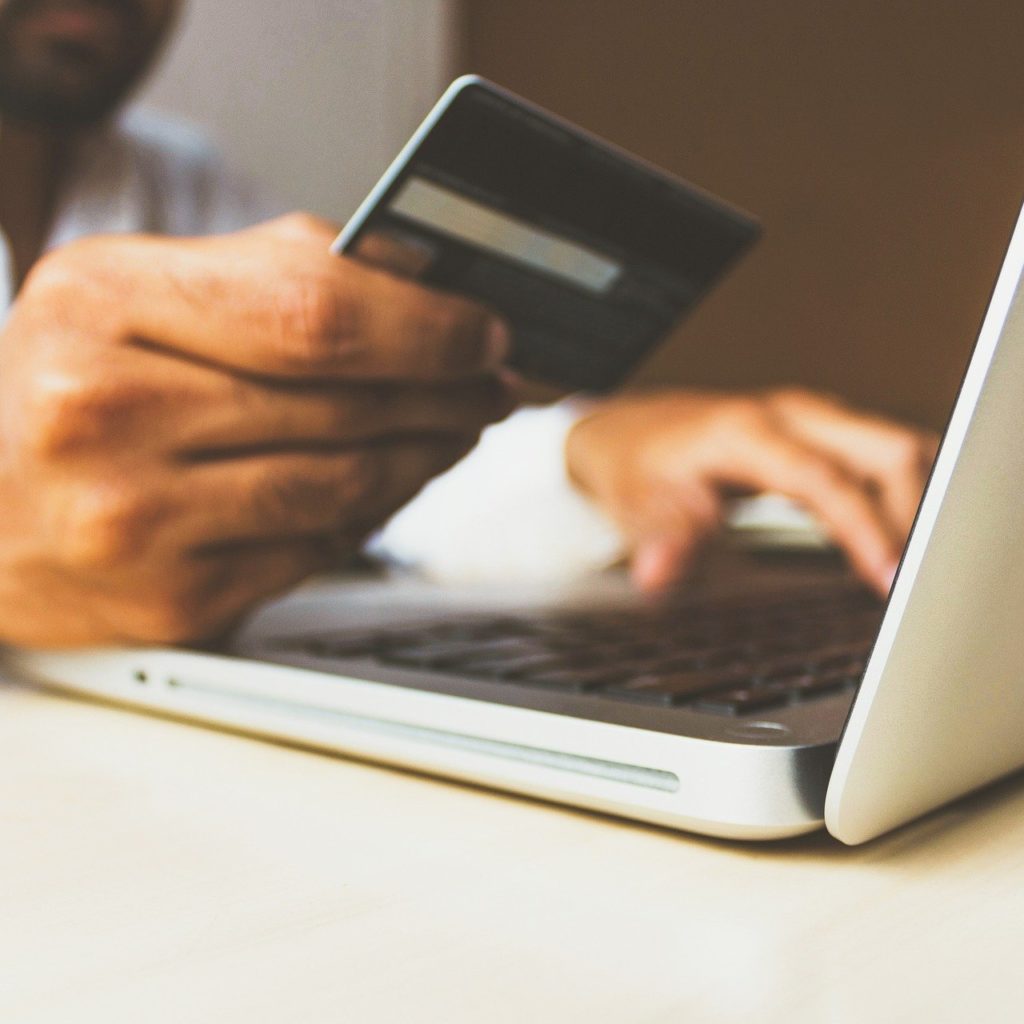As online gambling becomes increasingly popular, the matter of protecting your privacy while playing is more important than ever.
Online gambling sites collect a lot of personal information, including your name, address, and financial details, which can put you at risk of identity theft and fraud. Additionally, the gambling industry is also often a target for cybercriminals, who may attempt to steal your data or hack into your account.
To ensure that your personal and financial information is kept safe, it’s essential to take steps to protect your privacy when gambling online. In this article, we’ll provide you with five proven tips for safeguarding your privacy, including using a VPN, choosing a reputable site, and creating strong passwords.
Keep reading to learn how to gamble online safely and protect your privacy.
Use VPN
Using a VPN (Virtual Private Network) is one of the best ways to protect your privacy when gambling online. A VPN encrypts your internet connection and hides your IP address, making it difficult for others to track your online activity or gain access to your personal information. When choosing a VPN, it’s essential to look for a provider that offers strong encryption and does not keep logs of your activity.
Additionally, it’s crucial to choose a VPN with servers in the location you want to access, as some online gambling sites may be restricted in certain regions. Using a VPN ensures that your personal and financial information remains private and secure while you enjoy online gambling.
Read Reviews
Choosing a reputable online casino with a good track record for privacy and security should also be at the very top of the list of your priorities. Whether you’re a gambler or a bettor, checking reviews such as this Rhino Bet Review or similar resources can help you determine if a particular site is reliable and trustworthy.
Additionally, you can also look for reviews on popular review sites, forums, and Facebook groups. Look for patterns in the feedback, such as frequent reports of security breaches or slow payouts. Try to find reviews that are balanced and provide specific details about the site’s privacy and security features. You can also check user ratings to get an idea of how well-regarded a particular site is.
Don’t Overshare Your Personal Information
When gambling online, it’s important not to overshare your personal information, as this can leave you vulnerable to identity theft and other types of fraud. Only share the information that’s required to set up and verify your account, and avoid giving out any unnecessary details. Be cautious when asked for sensitive information such as your Social Security number or bank account details, and only share this information if you’re sure it’s safe and necessary.
Additionally, be careful about what you post on social media, as cybercriminals can use this data to hack into your account. Never share your passwords or other login credentials with anyone, and be wary of unsolicited emails or phone calls asking for your personal information. Being mindful of what personal information you share online is one of the best ways to protect yourself from fraud and identity theft while gambling online.
Create Strong Passwords
Creating strong passwords is a highly effective way to protect your privacy not only when gambling online but also when shopping or using online bank services and social media. A strong password should be a unique combination of letters, numbers, and symbols that is difficult to guess. Avoid using common words or phrases, as these are easy to crack. Instead, use a combination of uppercase and lowercase letters, as well as numbers and symbols.
Make sure your password is at least eight characters long, and don’t use the same password for multiple accounts. It’s also a good idea to change your password regularly, especially if you’ve had any suspicious activity on your account. Lastly, consider using a password manager to generate and store your passwords securely so you don’t have to remember them all.
Choose a Secure Gambling Site
For additional safety, look for sites that are licensed and regulated by reputable authorities and have a good reputation in the industry. Check for SSL encryption, which ensures that your information is securely transmitted between your device and the site’s servers.
Additionally, try to find sites that offer secure payment options, such as credit cards or e-wallets, and avoid those that ask for payments in cryptocurrency or other untraceable methods. You should also be extremely cautious of offers that seem too good to be true, such as bonuses or promotions that look incredibly attractive but require you to provide a lot of additional personal information.
In Conclusion
Protecting your privacy when gambling online is essential to prevent identity theft and fraud. By following the tips outlined in this article, such as using a VPN, choosing a reputable site, and creating strong passwords, you can help ensure that your personal and financial information remains secure at all times.
It’s also important to read reviews and do your research before choosing an online casino or sports betting site and to avoid oversharing personal information or using unsecured payment methods.
Follow these tips and enjoy the excitement of online gambling while keeping your privacy and security intact!



